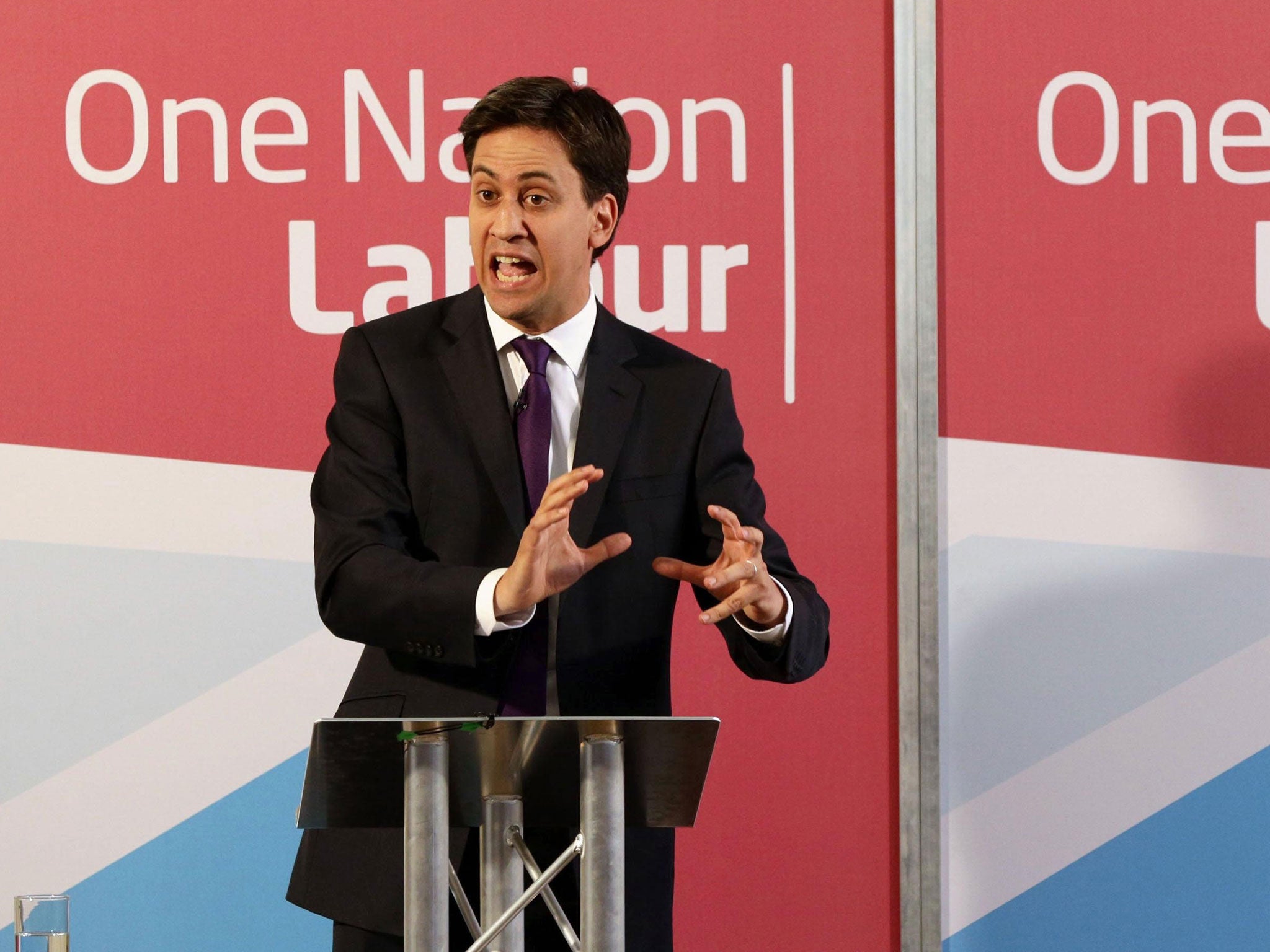Ed Miliband's reforms will be costly. Not changing will cost even more
The former Labour home secretary says the fracas in Falkirk is part of a politics whose time is up

Two problems for Labour emerged from the Falkirk fracas. One is organisational, the other ideological. The organisational problem stems from the ability of affiliated trade unions to influence events inside the party on the basis of levy-paying members.
Some of these union members who choose not to opt out of the political levy (around £3 a year of their union membership fee) are members of the Labour Party. They are active in local constituency parties, they deliver leaflets, knock on doors, do all the thankless tasks that help to elect Labour councillors and MPs.
However most levy-payers are at best passive supporters and at worst hostile to everything Labour stands for. Yet they provide authority for trade unions to participate in the affairs of the party through separate structures over which the party leader has almost no control. The leader may have no control over the levy-payers but they certainly have control over the leader – exercising a third of the electoral college votes.
Ed Miliband has served notice on "power through passivity". His proposed reform goes much wider than simply opting into the levy rather than opting out. Those who opt into the levy paid to the Labour Party will become members, assigned to branches. No longer would they be phantom members deployed from a separate power base outside the leader's control.
This could cost the party money it badly needs. But maintaining a system where individuals are linked to a party they don't support through a decision they haven't made makes Labour part of the old politics that Ed is seeking to change. In such circumstances party funding is a second-order issue.
The ramifications are clear. Party members will decide policy and if the electoral college survives it will be on the basis of a 50/50 split between the Parliamentary Labour Party and the membership. Despite John Smith's OMOV (one member one vote) reforms of the early 1990s we currently persist with an electoral system that is not just OMTV (one member, two votes) but NMOV (non-member, one vote). This will change as a natural consequence of the Miliband revolution.
The ideological problem stems from the conviction of Unite's leadership and some other unions, that Labour should be a purely working-class party. Trade unions have done more than any institution to advance the interests of working people; to provide second and third chances to succeed in education; to nurture hope and aspiration in a more equal society.
Their most important contribution was to create the Labour Party. And while it's true that the original aim of Keir Hardie's Labour Representation Committee (LRC) to get working-class people into Parliament remains entirely relevant, the LRC decided at that historic meeting in 1900 not to be a class-based party. That decision meant that Labour would be a party of government rather than a protest group.
The Labour Party exists to serve the country. For all people regardless of race, colour, creed or class. While it's perfectly legitimate (indeed desirable) to help to get working people elected to Parliament, what was happening in Falkirk was an attempt to fix the system to ensure the election of someone programmed to pursue the narrow class-based politics of the far left.
The sifting process would have excluded the late Harry Ewing, a great Falkirk MP who virtually left his postman's delivery round on the Friday to enter Parliament on the Monday. It would also have excluded Ernie Bevin, the seventh illegitimate child of a Somerset farm worker who founded the Transport and General Workers Union and went on to be one of this country's greatest foreign secretaries.
Bevin is considered a class traitor by those whose only interest in the Labour Party is in using its structures to advance their bankrupt political philosophy. The organisational changes will help in the fight against what Attlee described as "doctrinaire impossibleism".
Levy-paying members are the ghosts in the machine. Ed Miliband's courage and leadership can turn our crucial relationship with the trade union movement into the advantage it should be rather than the liability that incidents such as Falkirk have often portrayed it as.
Alan Johnson is a former Labour home secretary and a former general secretary of the Union of Communication Workers

Join our commenting forum
Join thought-provoking conversations, follow other Independent readers and see their replies